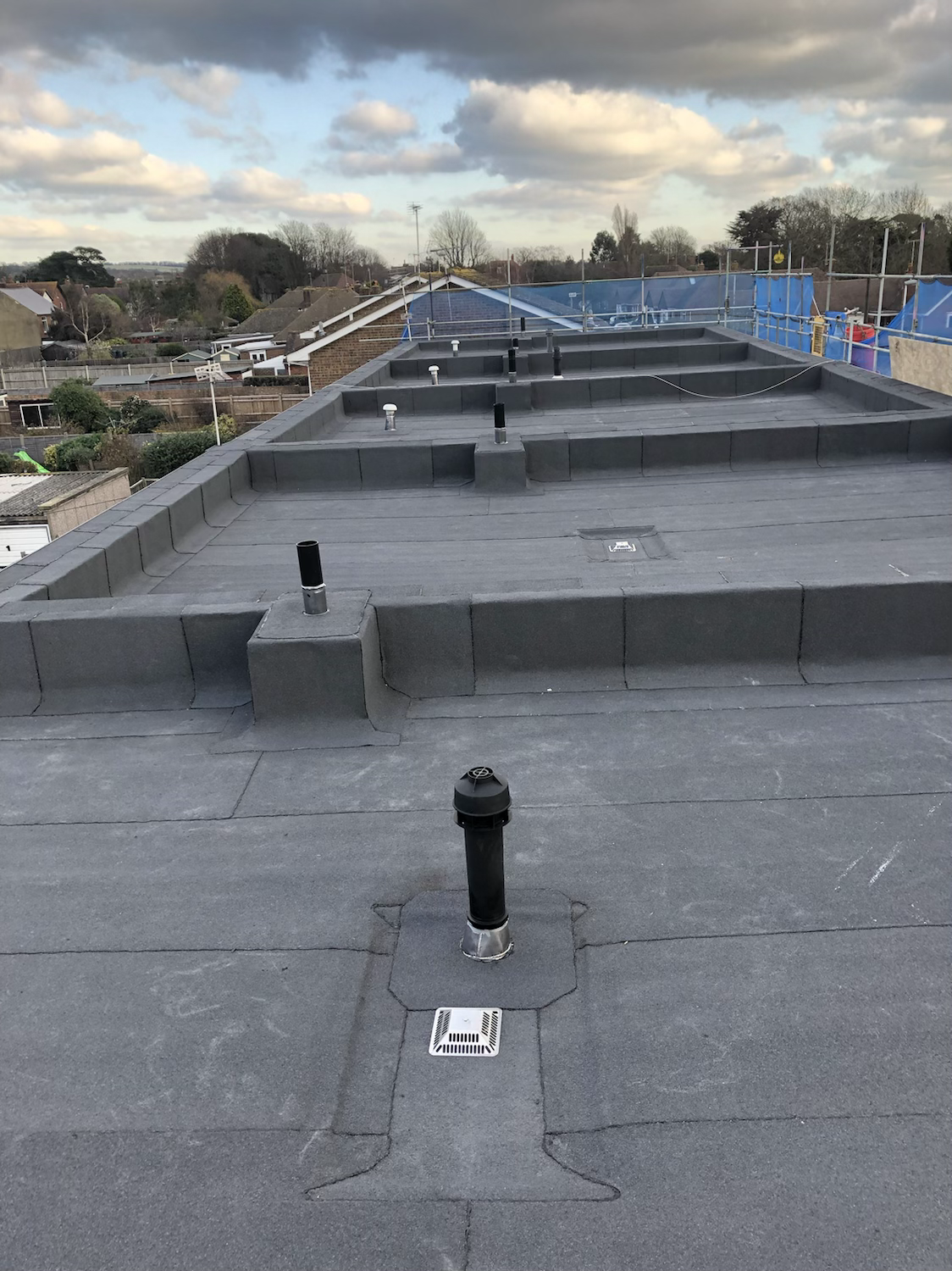The Ultimate Guide to Unknown Roof Maintenance Techniques for Professional Homeowners
- Matt Rayner

- Nov 6, 2024
- 3 min read
Keeping your roof in good condition is essential for any homeowner, yet it often gets overlooked. A properly maintained roof doesn’t just look great; it also extends its lifespan and protects your family from harsh weather. This guide presents some lesser-known roof maintenance techniques that can make a big difference for homeowners committed to preserving their investment.
Understanding Your Roof
Different roofing materials come with their own specific maintenance needs. Common options, such as asphalt shingles, metal roofs, tile, and slate, have unique vulnerabilities to various weather conditions. For instance, asphalt shingles can wear down due to UV exposure, while metal roofs may be prone to rust if not protected.
By regularly consulting with a roofing expert who understands your material, you can tailor your maintenance routine. This preparation helps you minimize unwanted surprises later, potentially saving you from costly repairs that can sometimes fall into the range of thousands of dollars.
Seasonal Inspections
Scheduling seasonal inspections can signficantly protect your roof. Inspecting it at least four times a year—ideally at the start of each season—helps you catch problems early. For example, noticing cracked or missing shingles, rust spots, or moss growth can save homeowners from expensive repairs later. Studies show that preventive maintenance can reduce repair costs by up to 25% over time.
Keeping Gutters and Drains Clear
While it seems simple, ensuring your gutters and downspouts are clear of debris is crucial. Clogged systems can lead to standing water on your roof, which may cause leaks and erosion. Aim to clean your gutters at least twice a year. If you live in a wooded area, consider doing so every few months. By maintaining clear gutters, you'll alleviate pressure on your roof and significantly increase its durability.
Utilization of Protective Coatings
Applying protective coatings is a technique that many homeowners overlook. These coatings create a barrier against UV rays, water, and pollution. For example, in sunny climates, a reflective coating can reduce heat absorption and keep your home cooler. This typically saves homeowners around 15% on energy bills during hotter months. Waterproofing membranes are also available, which can extend a roof's lifespan by 10 to 20 years when applied correctly.

Trimming Overhanging Branches
Trees near your home can pose a significant risk to your roof. Overhanging branches may drop debris or damage the roof during storms. Regularly trimming these branches back at least 6 to 10 feet away from your home helps protect your roof from punctures and keeps gutters unclogged. Additionally, reducing shaded areas minimizes moss and lichen growth, which can further damage your roof.
Regularly Inspecting Flashing
Flashing is essential for sealing joints around structures like chimneys, vents, and skylights. Damaged flashing can lead to leaks that result in expensive water damage. Check your flashing regularly and use roofing sealant for minor cracks. For major issues, don’t hesitate to consult a professional for replacement.
DIY Moss Removal
Moss and algae can thrive on shaded roofs and lift shingles, making roofs susceptible to leaks. While commercial products can help, a simple DIY solution of one part bleach to three parts water can work wonders. Spray this mixture, let it sit for about 15 minutes, and rinse it off. Regular checks on damp areas will help keep your roof in excellent condition.
Ventilation Is Key
Good ventilation is crucial for roof health. Poor ventilation traps moisture, risking mold growth and material degradation. Regularly inspect your roof vents to ensure they are unblocked and functioning. If airflow is inadequate, consider adding vents, improving both ventilation and your energy efficiency.
Addressing Small Issues Promptly
It is easy to ignore small problems, but this can lead to significant damage down the road. Whether you see missing shingles or detect a small leak, addressing these issues right away is vital. By promptly monitoring and resolving minor problems, you can lessen the chances of facing a complete roof replacement, an expense that can easily hit $7,000 to $10,000.
Final Thoughts
Roof maintenance is a vital aspect of homeownership that is often overlooked. By adopting these lesser-known techniques, you can protect your investment and keep your roof in top shape.
Understanding your roof, conducting seasonal inspections, clearing gutters, using protective coatings, and being alert to minor issues all contribute to a healthy roof. Prioritize these maintenance practices to ensure your roof remains a strong protector against the elements while also enhancing your home's appearance and value for years to come.






Comments